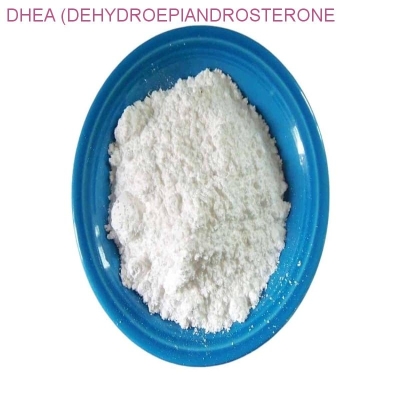-
Categories
-
Pharmaceutical Intermediates
-
Active Pharmaceutical Ingredients
-
Food Additives
- Industrial Coatings
- Agrochemicals
- Dyes and Pigments
- Surfactant
- Flavors and Fragrances
- Chemical Reagents
- Catalyst and Auxiliary
- Natural Products
- Inorganic Chemistry
-
Organic Chemistry
-
Biochemical Engineering
- Analytical Chemistry
-
Cosmetic Ingredient
- Water Treatment Chemical
-
Pharmaceutical Intermediates
Promotion
ECHEMI Mall
Wholesale
Weekly Price
Exhibition
News
-
Trade Service
Poly(3-octylthiophene) (P3OT) is a type of conjugated polymer that has gained significant attention in the chemical industry due to its unique properties and versatile applications.
This synthetic polymer is made up of repeat units of 3-octylthiophene, a derivative of thiophene, and is characterized by its high charge carrier mobility and optical transparency in the near-infrared region.
One of the primary applications of P3OT is in organic electronics, specifically in the field of organic thin-film transistors (OTFTs) and organic light-emitting diodes (OLEDs).
OTFTs are used in a variety of electronic devices, including flat-panel displays, solar cells, and touch screens, while OLEDs are used in lighting applications and as displays in smartphones and other electronic devices.
P3OT's high charge carrier mobility and optical transparency make it an ideal material for use in these devices, as it allows for efficient charge transport and high-quality displays with good color purity.
Another application of P3OT is in the field of organic photovoltaics (OPVs), where it is used as a donor material in bulk-heterojunction solar cells.
OPVs are attractive due to their low cost and ease of manufacturing, and P3OT's high charge carrier mobility and ability to form stable blends with other conjugated polymers make it an ideal material for use in these solar cells.
In addition to its applications in electronics and renewable energy, P3OT is also used in the chemical industry for the detection of trace amounts of substances in various applications such as in gas sensors.
P3OT-based sensors have been shown to be highly sensitive and selective for a variety of analytes, including volatile organic compounds (VOCs) and odorants, making them useful for environmental monitoring and in the detection of hazardous substances.
P3OT is also used in the field of biomedicine, specifically in the development of bioelectronic devices such as biosensors and biofuel cells.
These devices rely on the transport of charge through conjugated polymers to generate a signal, and P3OT's high charge carrier mobility and stability in biological environments make it an ideal material for these applications.
In conclusion, Poly(3-octylthiophene) has a wide range of applications in the chemical industry due to its unique properties, including high charge carrier mobility, optical transparency, and stability in various environments.
Its applications include organic electronics, organic photovoltaics, gas sensors, biomedicine and more, making it a versatile material with great potential for various industries.
With ongoing research and development, it is expected that the potential uses of P3OT will continue to grow in the future.







